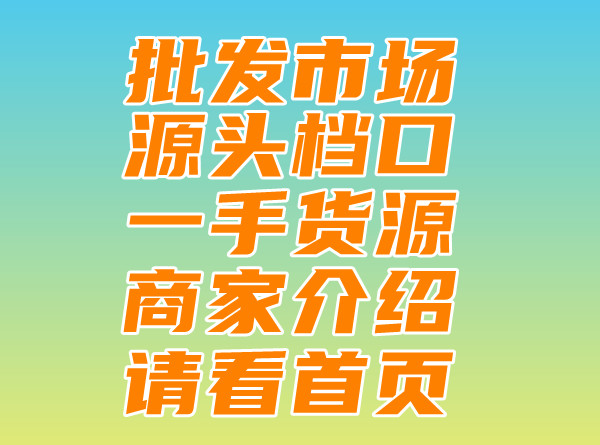Is Luxury Fashion Brand Replication the New Trend?
Is Luxury Fashion Brand Replication the New Trend?,
**Have Luxury Fashion Brands Embraced the Trend of Replicas?**
Introduction
In the fast-paced world of fashion, trends come and go, and with each passing season, something new emerges to captivate the masses. One trend that has gained significant attention in recent years is the phenomenon of "replicas" - an increasing number of consumers looking for budget-friendly options while embracing the luxury fashion labels they admire. Luxury brands like Louis Vuitton, Gucci, and Supreme have all found themselves at the forefront of this trend, sparking debate on whether these high-end labels have truly embraced the idea of replication or simply find themselves under scrutiny due to the popular culture phenomenon.The rise of replica culture is not just a mere imitation of high-end designs; it reflects a broader societal shift in consumer behavior and the way we perceive luxury. In this context, luxury brands are facing a challenge as well as an opportunity.
The Evolution of Luxury Brands and the Embrace of Replica Culture
It's important to acknowledge that certain luxury brands have long since embraced customization and collaboration practices that have opened doors for replica culture. In recent years, some high-end fashion houses have recognized that limited-edition collaborations and exclusive designs offer fans a chance to own a piece of their favorite brand without breaking the bank. This approach not only broadens the brand's appeal but also fuels the replica market.
However, while some luxury brands might see the potential benefits in partnership with replica culture, many others still view it as an infringement on their intellectual property rights or a dilution of their brand values. The delicate balance between respecting intellectual property rights and acknowledging consumer demand for affordable luxury items remains a challenge.
Moreover, this discussion often sparks controversy. Consumers are quick to point out that replication in fashion offers them an affordable way to explore fashion trends and be part of a community without breaking their budget. On the other hand, brand owners argue that replicas undermine their hard work and creativity.
The truth lies somewhere in between. While luxury brands need to protect their intellectual property rights, they also need to consider ways to engage with their consumer base beyond high-end price tags. This could be achieved by fostering partnerships with smaller labels or collaborating with up-and-coming designers, offering authentic yet affordable products.
Conclusion: As we move forward in an era where luxury meets replica culture, both brands and consumers need to find a harmonious balance between respecting intellectual property rights and fulfilling consumer desires. Luxury brands need to embrace innovation in their approach to engage with a wider audience, while consumers should also appreciate the original works and support them responsibly.

- "LV Replica Bags: The Pea-Inspired Fashion Statement"
- Trendy Brand Bag Replication: The Ultimate Guide to Quality Replicas 这个标题围绕了潮牌包复刻这一主题,使用了相关关键词,并且在规定的字符限制内。
- Micro Store Replica Bags Collection
- "Guangzhou Replica Bucket Bags: Fashion Statement or Practical Carryall?"
- Vintage Bags Revival: The Allure of Replicating the Classics.
- Sam's Club's Reproduction of Multi-grain Bag in Action!
- Replica Bags Quality Ranking: A Guide to Grading Authenticity.
- Guangzhou's Replica Bag Market Vibrancy


